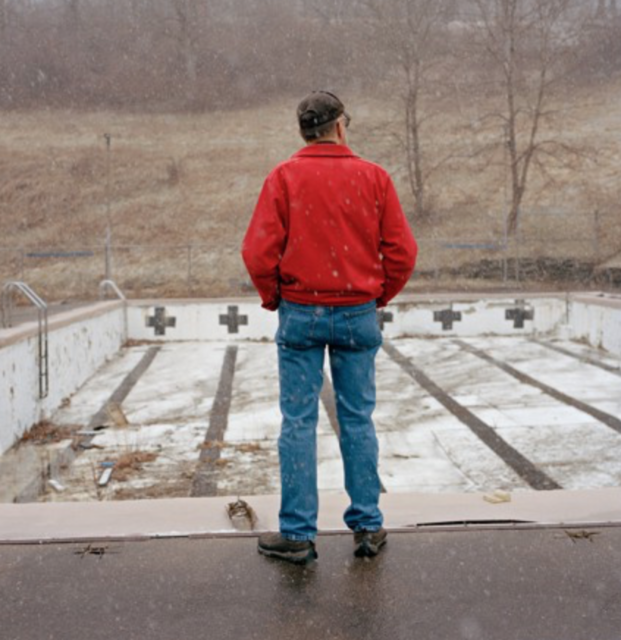
The May 2019 issue of The Atlantic features an article that sheds light on opiate use from a unique angle. The article written by Sam Quinones (author of ‘Dreamland’) tells the story of a physician who not only prescribed opioids to an increasing number of patients through the 1990’s but became addicted to them himself.
Dr. Lou Ortenzio moved to Clarksburg, WV with his wife in 1978, fresh out of medical school. Life in Clarksburg was defined by the glass manufacturing industry and the community was vibrant and strong.
Each neighborhood was a self-contained world, with its own churches, grocery stores, and school; many had a swimming pool. High-school sports rivalries were fierce, and football games drew large crowds. When Victory played Roosevelt-Wilson, or Washington Irving went up against Notre Dame, people knew to arrive early to find a seat.
Dr. Ortenzio, or Doc. O as he was known, did a little of everything – house calls, hospital rounds, strep tests, broken leg splints. He was very popular with his patients and loved his work. He was an old school physician, forming relationships with and really listening to his patients. For him, lab tests and other medical technology was only useful to confirm the diagnoses he already knew were correct.
Times changed, however, as the glass manufacturing industry evolved and left the town. Businesses closed, the vitality of neighborhoods declined and things looked very different in Clarksburg in a short time. Economic pain led to physical pain. This, when combined with the rapacious efforts of drug salespeople and a shift in medical practice nationwide, caused the way Dr. Ortenzio provided healthcare to look different too.
The article goes into the truth of Ortenzio’s story, how being pushed for time, misled by the narratives of drug companies, and a lack of viable alternatives for pain management created unbreakable cycles of addiction for his patients and eventually for himself.
He never found a way to get his patients down to lower doses of narcotics. They rebelled when he suggested tapering; just cutting people off made them sick. The area didn’t have enough pain clinics or addiction specialists to refer them to, and insurance companies wouldn’t reimburse for many pain treatments that did not involve pills. Without good alternatives for his patients, he kept on writing prescriptions.
Dr. Ortenzio’s own struggles with opiates eventually led to convictions for health-care fraud and fraudulent prescribing which ended his medical career. But his important role in the Clarksburg community was not over as he set to mitigate and rectify the problem that he had helped to create.
Lou Ortenzio was the first Clarksburg doctor prosecuted for improperly prescribing pain pills. He was the first person most residents I talked with recall as putting a different face on addiction. He was the first to show that this was a new kind of drug plague, and the first to puncture the idea that the supply came from street dealers. He was also the first to publicly work at his own recovery without shame.
Interesting, infuriating and humble in equal measure, this story is a must read.
View the article here

